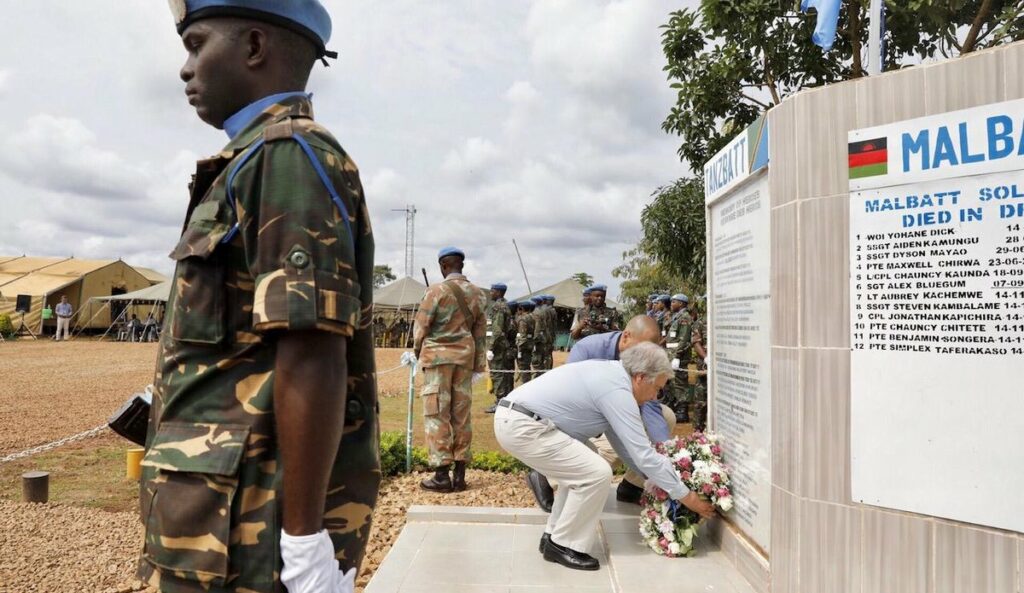Senior UN envoy, Bintou Keita has called for a comprehensive political strategy that includes measures to address the structural causes of the conflicts in the Democratic Republic of the Congo (DRC).
This is amid deteriorating security in the eastern part of DRC.
Bintou Keita, who heads the UN Stabilisation Mission in the Democratic Republic of the Congo (MONUSCO) made the call while briefing the Security Council on Tuesday, on recent developments in the country.
She said that only three months into 2022, nearly 2,300 civilian deaths had been recorded in the country’s eastern provinces.
“This is proof of the inherent limits of only having security operations to resolve conflicts,” she said.
Keita said the security situation in the country’s east has deteriorated in spite of the joint military operations against armed groups by the national security forces, known as the Armed Forces of the Democratic Republic of the Congo (FARDC), which was joined by the Ugandan People’s Defence Forces (UPDF).
She said civilian losses and displacement of populations had increased because of bloody reprisals by Allied Democratic Forces (ADF) militants.
In the past three months, there has been an alarming increase in activities by the M23 rebel movement in North Kivu.
On Monday, M23 elements carried out horrific attacks, targeting civilians in communities near Rutshuru.
In North Kivu, the situation has worsened because of the use of improvised explosive devices by the ADF.
On March 11, its leadership renewed its allegiance to Da’esh. MONUSCO has also documented a 10 percent increase in human rights violations and attacks, since last December.
Keita sounded the alarm in the Security Council over the considerable erosion of the protection of sites for displaced persons as well as frequent attacks against medical services and other civilian infrastructure.
In the face of these security changes, MONUSCO has redoubled its efforts to better protect civilians in Ituri, working jointly with FARDC/UPDF, deploying support units for FARDC to increase the deterrent effect against M23 in North Kivu.
“The Mission is also pursuing mobile deployments to protect displaced persons in South Kivu,’’ she said.
However, without a combined approach addressing both the causes and the symptoms, the efforts of both the UN and Congolese forces will remain insufficient.
She emphasized that in Tanganyika province, the Mission is closely monitoring the evolution of the security dynamics ahead of its scheduled withdrawal in June.
